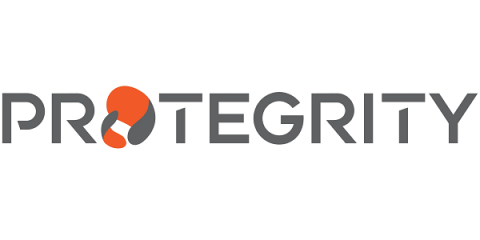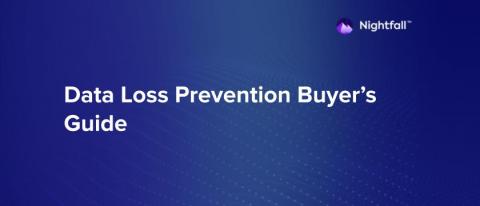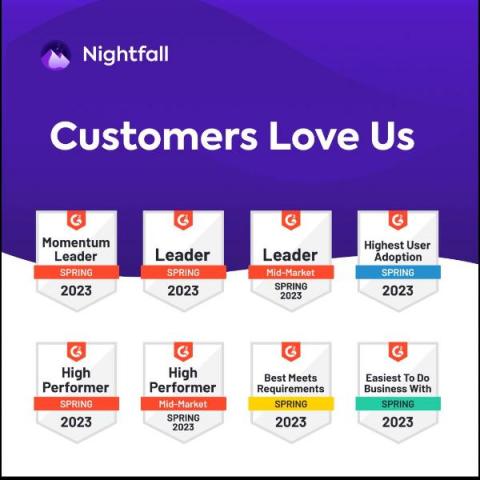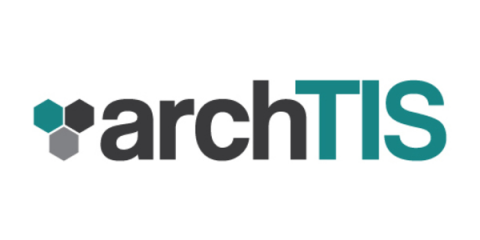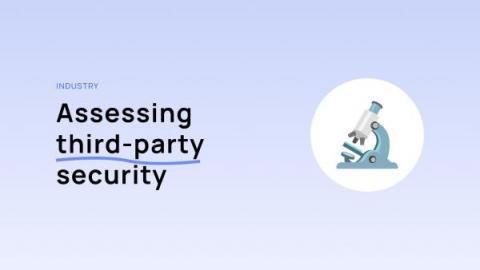Security | Threat Detection | Cyberattacks | DevSecOps | Compliance
Data Security
The latest News and Information on Data Security including privacy, protection, and encryption.
Data Loss Prevention Buyer's Guide (Plus Free RFP Template)
Organizations are rapidly adopting SaaS and cloud infrastructure with 72% of orgs saying they’re defaulting to cloud-based services when adopting new tech according to Foundry (formerly IDG communications). For early adopters of cloud technology, their SaaS count may be north of 1,000 apps according to McAfee. Organizations who have no plan for their data when migrating to cloud are in for—forgive the pun—cloudy skies. We’re not afraid to use this analogy because.
Mitigating USB Data Exfiltration with New Capabilities in Falcon Device Control
CrowdStrike is delivering powerful new file movement visibility features in CrowdStrike Falcon Device Control to help customers identify and mitigate the risk of data loss through USB devices.
Data sovereignty in the cloud: A Canadian perspective
Cloud computing has made its way to organizations’ IT infrastructure strategy rapidly over the past few years. In particular, Canadian businesses are showing an increased adoption. This article decodes how Canada’s IT infrastructure shaped up in the last decade, why data sovereignty is now a hot topic, and what the future holds for the cloud. While on-premises IT infrastructure continues to be relevant even today, both SMBs and enterprises are now embracing the cloud more than ever.
Cloud Protect Overview
De-Identify Your Data
Understanding the basics of Cloud Security: Cloud Privilege Escalation
Cloud privilege escalation is a growing concern for organizations as they embrace cloud-based infrastructure and services. To address the risks associated with privilege escalation, it's vital to implement robust security practices. In this post, we’ll cover privilege escalation as it relates to cloud security risk and the best practices for mitigation.
Nightfall Named As A Leader in Data Loss Prevention (DLP) by G2 - Spring '23
We're excited to share that Nightfall has been named as a Leader in Data Loss Prevention (DLP) in G2's Spring '23 rankings. Huge thank you to our customers and supporters who made this possible, and to our dedicated team who works so hard to keep their cloud data safe. This year has been a busy one, with the release of our Advanced Secrets Detection, that provide detailed metadata about discovered API keys, like whether they're active
Securing Multinational Coalition Collaboration with Data-Centric Security
How to Assess Third-Party Data Security
In 2013, hackers breached an HVAC provider’s network, giving them access to 40 million credit and debit card numbers from their biggest client: Target. It took years to repair the damage. Relying on third-party vendors is necessary but still presents a cybersecurity risk. How will the companies handle your clients’ data? How vulnerable are they to being hacked?


